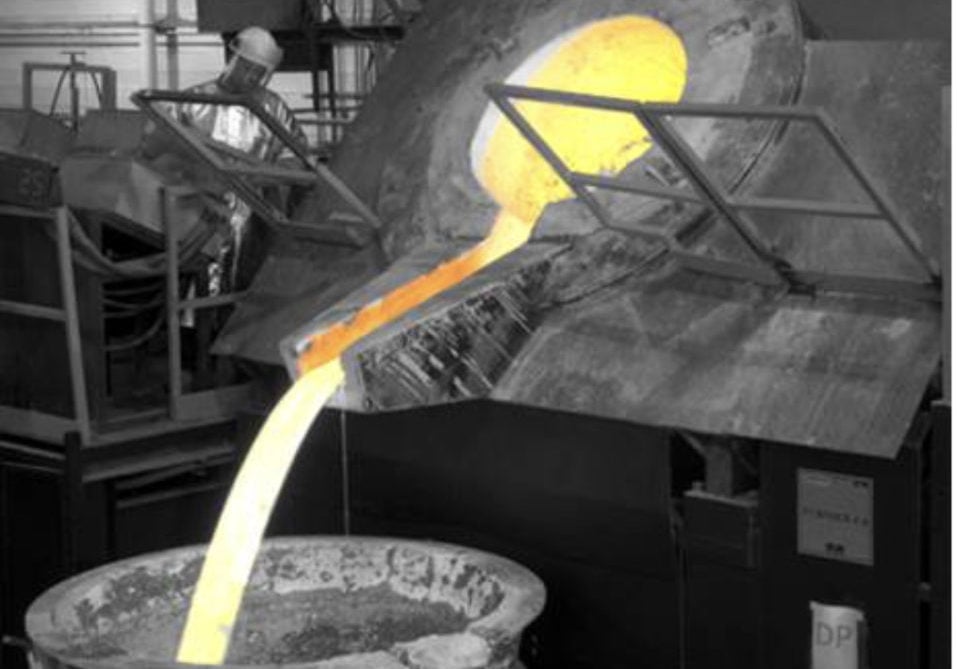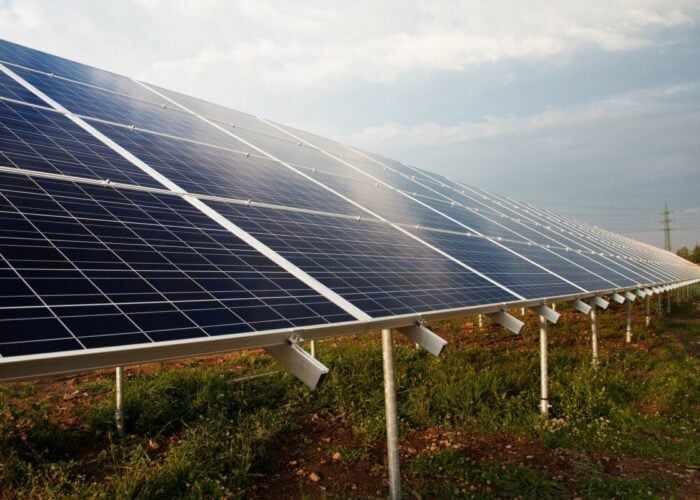
US polysilicon company Highland Materials has aimed to begin construction at its polysilicon plant in the second half of 2026.
Richard Rast, CEO at Highland Materials, told PV Tech that this would be followed by reaching a commercial operation date in late 2027 or very early 2028.
Try Premium for just $1
- Full premium access for the first month at only $1
- Converts to an annual rate after 30 days unless cancelled
- Cancel anytime during the trial period
Premium Benefits
- Expert industry analysis and interviews
- Digital access to PV Tech Power journal
- Exclusive event discounts
Or get the full Premium subscription right away
Or continue reading this article for free
The company recently secured 140 acres of land at the former Phipps Bend nuclear plant in northeast Tennessee. The project aims to build a plant with an initial 16,000MT annual nameplate capacity, with the goal of expanding to 20,000MT in four years. This follows the company securing US$255.6 million in 48C tax credits in April 2024 for the construction of a polysilicon plant in the US.
“Fortunately for us, the equipment is predominantly coming from the United States, so the issues that are happening now in the trade world probably will not affect us very much. As far as our ability to complete the construction, we have costs that are set and we’re essentially prepared to move into final design and begin construction,” added Rast.
Rast spoke with PV Tech Premium (subscription required) about polysilicon innovation and how the company’s proprietary technology aims to compete with the Siemens process and bring more US-made capacity in an industry dominated by Chinese companies.
The interview is part of an ongoing series of conversations with speakers from the upcoming PV CellTech USA Conference, which will be held on 7-8 October 2025, in San Francisco. More details regarding the event and how to attend can be accessed here. Previous and upcoming interviews will be available here (a subscription is required to read Premium articles) and will cover the entire US manufacturing supply chain from polysilicon to modules.






